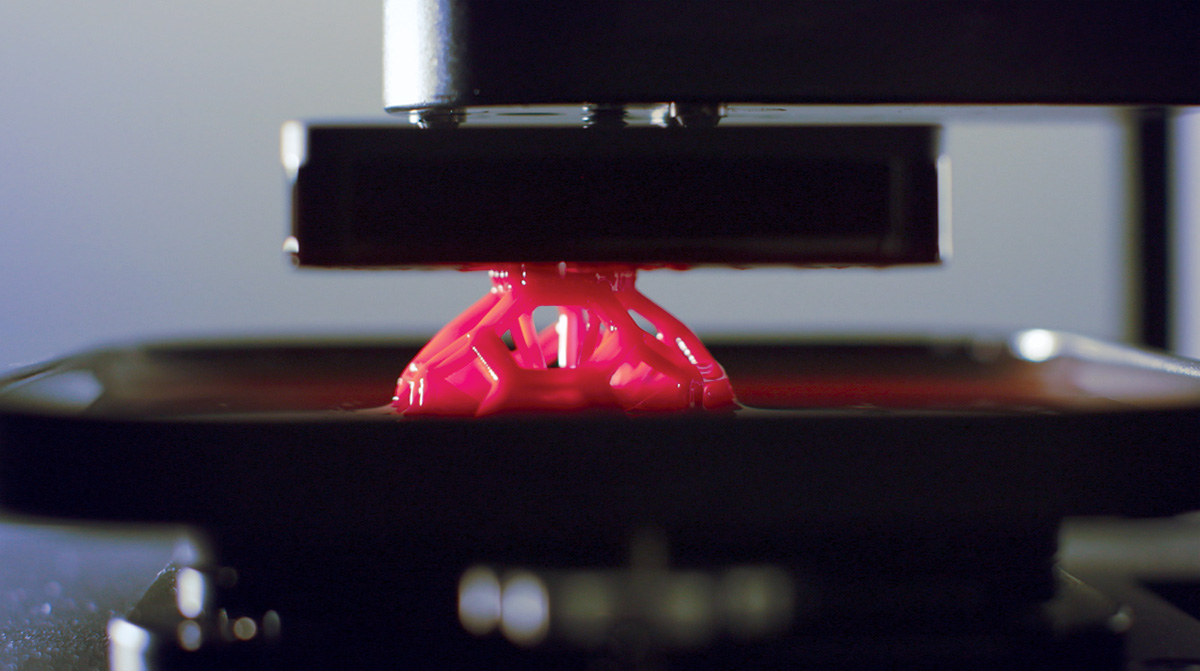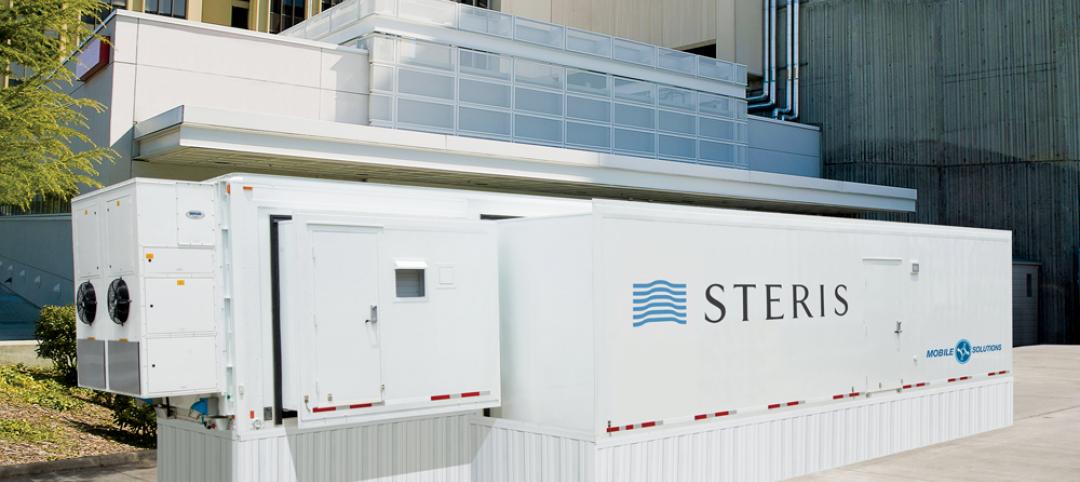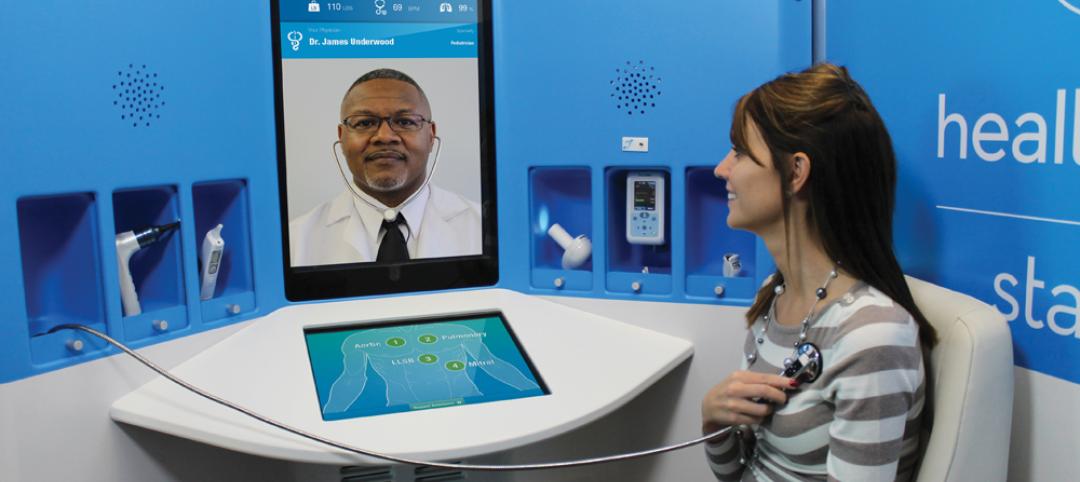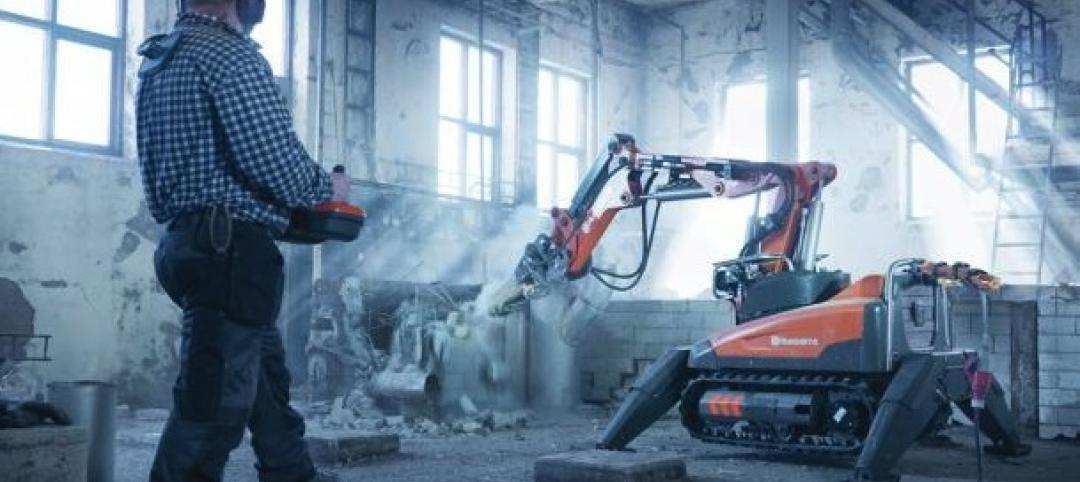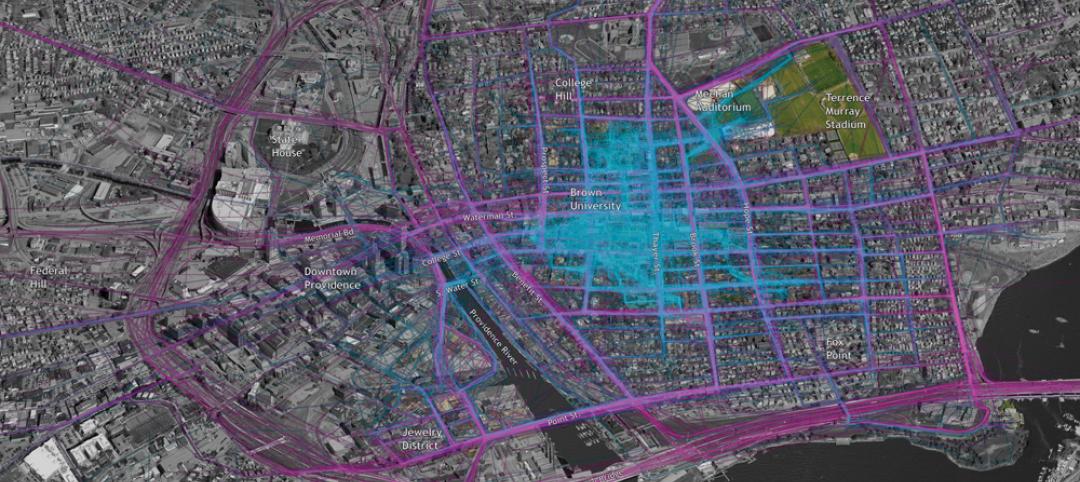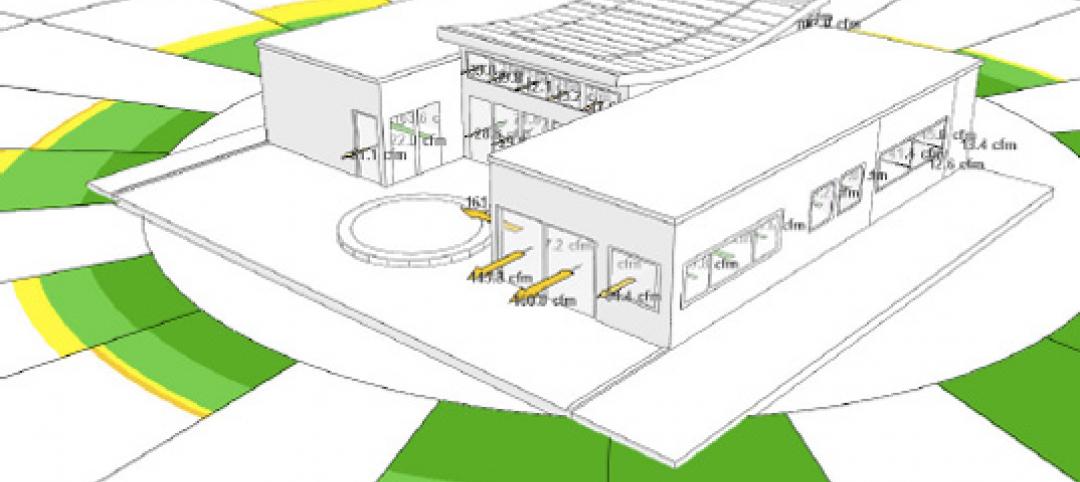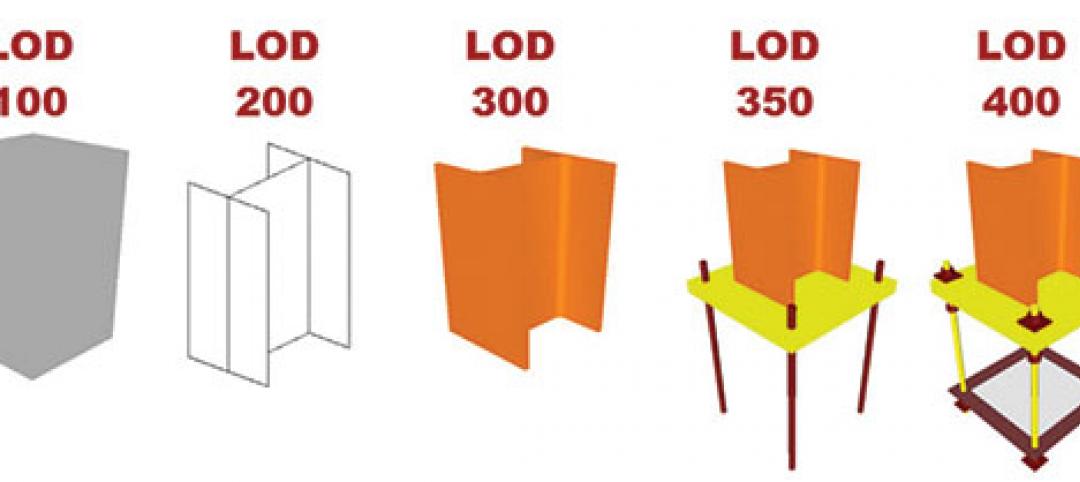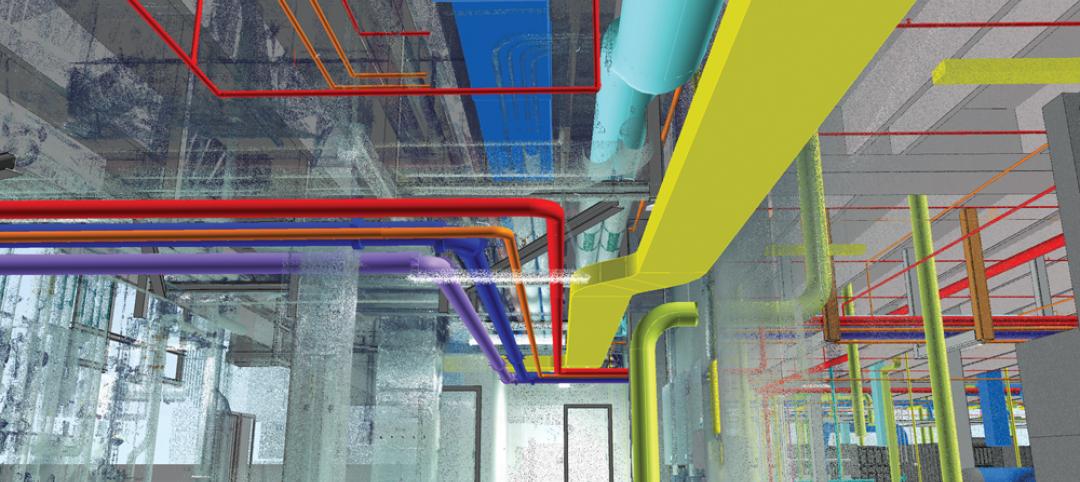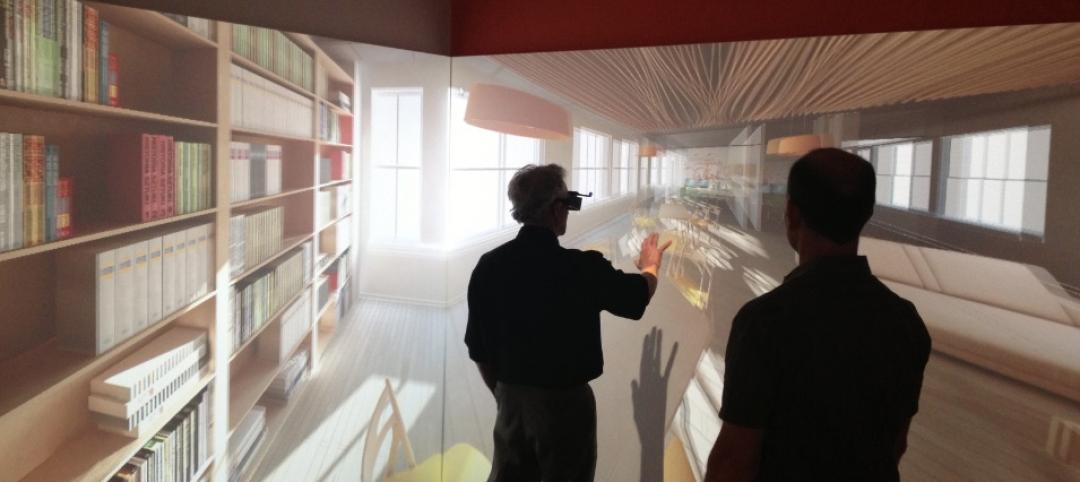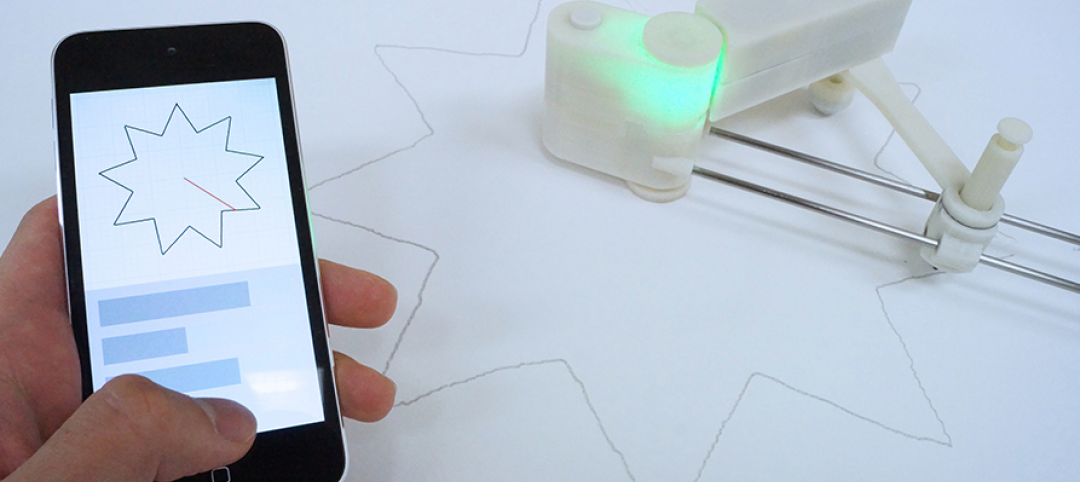Barron’s recently predicted that 3D printing would be a $13 billion industry by 2018, up from $600 million two years ago. AEC industry use might represent only a fraction of the total, but the trend is definitely ascending.
There’s no doubt the technology can do some fascinating things. Machines can now print with all sorts of powderized materials, from concrete to chocolate. ZGF Architects’ Robert Petty printed his wedding ring using powderized silver, and “it’s held up fine,” he says. At the recent 3D Print Design show in New York, Perkins+Will displayed a six-foot-tall model of a skyscraper that it had printed on a MakerBot machine.
The 3D printer industry keeps making strides in technology and affordability. WobbleWorks recently released an upgrade of its 3D printing pen—yes, it’s a pen, the 3Doodle—that it’s selling for $100 a pop.
After two years of secretive development, Redwood, Calif., startup Carbon3D unveiled a 3D printing process called CLIP (for “continuous liquid interface production”) that uses light to cure the extruded resin that forms the physical objects and models. The company claims this process is 25–100 times faster than anything that’s currently available. Autodesk recently invested $10 million in Carbon3D.
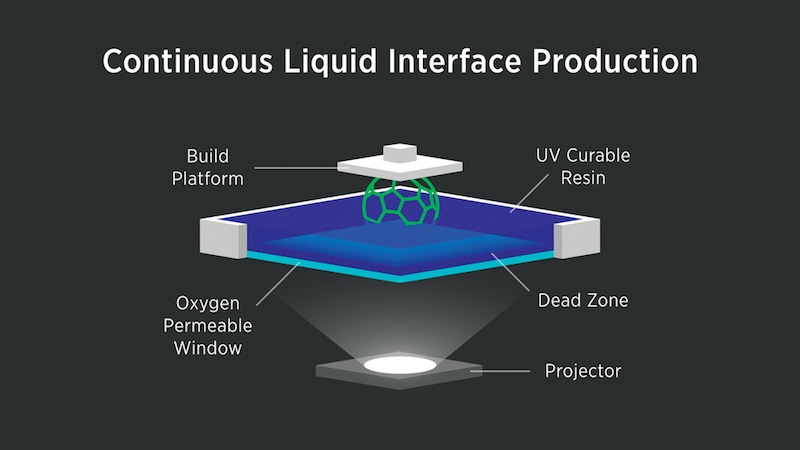 Carbon 3D's continuous liquid interface production process
Carbon 3D's continuous liquid interface production process
In March, Trimble released an update of 3D Warehouse, its online platform for sharing and downloading free 3D models and materials, which is a key component of the SketchUp 3D modeling software. Autodesk recently introduced Spark, an open-source platform that enables 3D applications and services to deliver 3D models for any printer or service bureau.
Higher quality printers, greater affordability, new technical processes—all represent promising solutions that AEC firms are looking for as they try to figure out where 3D printing fits into their larger technology picture.
Amid all the ballyhoo, there’s still the question of how embedded 3D printers will become in AEC firms’ workflow. Jorge Barrero, a Senior Associate at Gensler, compares 3D printing to a familiar domestic technology: “It’s like the microwave,” he says. “It never replaced the oven, but it made it into everyone’s kitchen.”
Related Stories
| Dec 29, 2014
14 great solutions for the commercial construction market
Ideas are cheap. Solutions are what count. The latest installment in BD+C's Great Solutions series presents 14 ways AEC professionals, entrepreneurs, and other clever folk have overcome what seemed to be insoluble problems—from how to make bricks out of agricultural waste, to a new way to keep hospitals running clean during construction.
| Dec 29, 2014
HealthSpot station merges personalized healthcare with videoconferencing [BD+C's 2014 Great Solutions Report]
The HealthSpot station is an 8x5-foot, ADA-compliant mobile kiosk that lets patients access a network of board-certified physicians through interactive videoconferencing and medical devices. It was named a 2014 Great Solution by the editors of Building Design+Construction.
| Dec 28, 2014
Robots, drones, and printed buildings: The promise of automated construction
Building Teams across the globe are employing advanced robotics to simplify what is inherently a complex, messy process—construction.
BIM and Information Technology | Dec 28, 2014
The Big Data revolution: How data-driven design is transforming project planning
There are literally hundreds of applications for deep analytics in planning and design projects, not to mention the many benefits for construction teams, building owners, and facility managers. We profile some early successful applications.
| Dec 28, 2014
Using energy modeling to increase project value [AIA course]
This course, worth 1.0 AIA LU/HSW, explores how to increase project value through energy modeling, as well as how to conduct quick payback and net present value studies to identify which energy strategies are most viable for the project.
| Dec 28, 2014
The lowdown on LODs: Bringing clarity to BIM
These days, BIM is par for the course across most facets of design. But a lot of the conversation surrounding BIM still lacks clarity due to ambiguous terminology, a lack of clear-cut guiding illustrations, and widely varying implementation, writes GS&P's John Scannell.
| Dec 23, 2014
5 tech trends transforming BIM/VDC
From energy modeling on the fly to prefabrication of building systems, these advancements are potential game changers for AEC firms that are serious about building information modeling.
Sponsored | | Dec 16, 2014
Quadcopters save project team $15K in warranty work
On a recent trip to see what technology Todd Wynne and the rest of the team at Rogers-O’Brien Construction have been tinkering with, I had a chance to experience firsthand which new hardware innovations will one day be applied in the AEC space.
| Dec 8, 2014
The year’s boldest BIM/VDC themes
High-speed rendering software, custom APIs, virtual reality tools, and BIM workflow tips were among the hottest BIM/VDC topics in 2014.
| Dec 5, 2014
Plotting on the go: 3D-printed mechanical compass can print CAD drawings with high precision
Design student Ken Nakagaki has adapted a device to work with CAD software to replicate digital files on paper.


